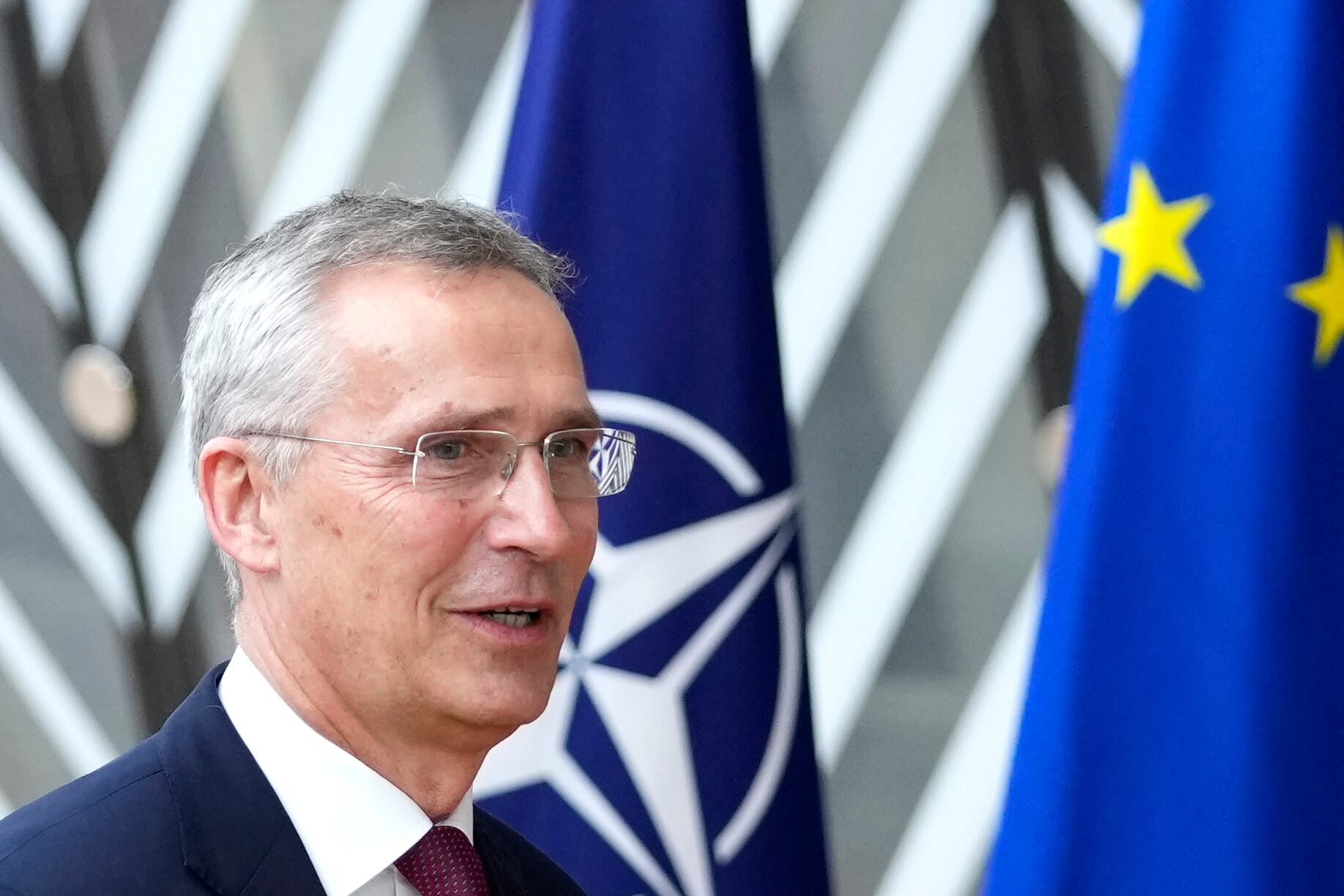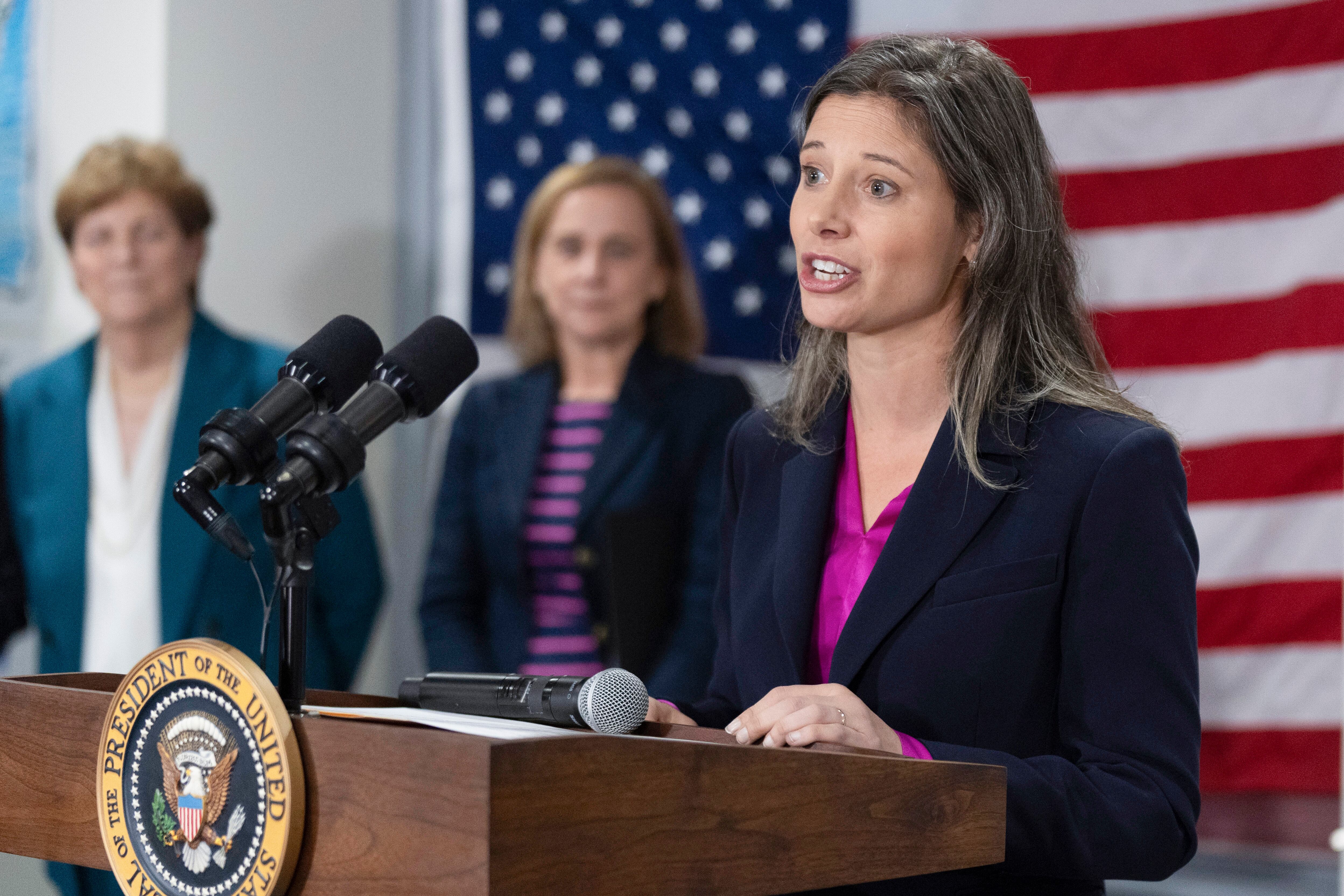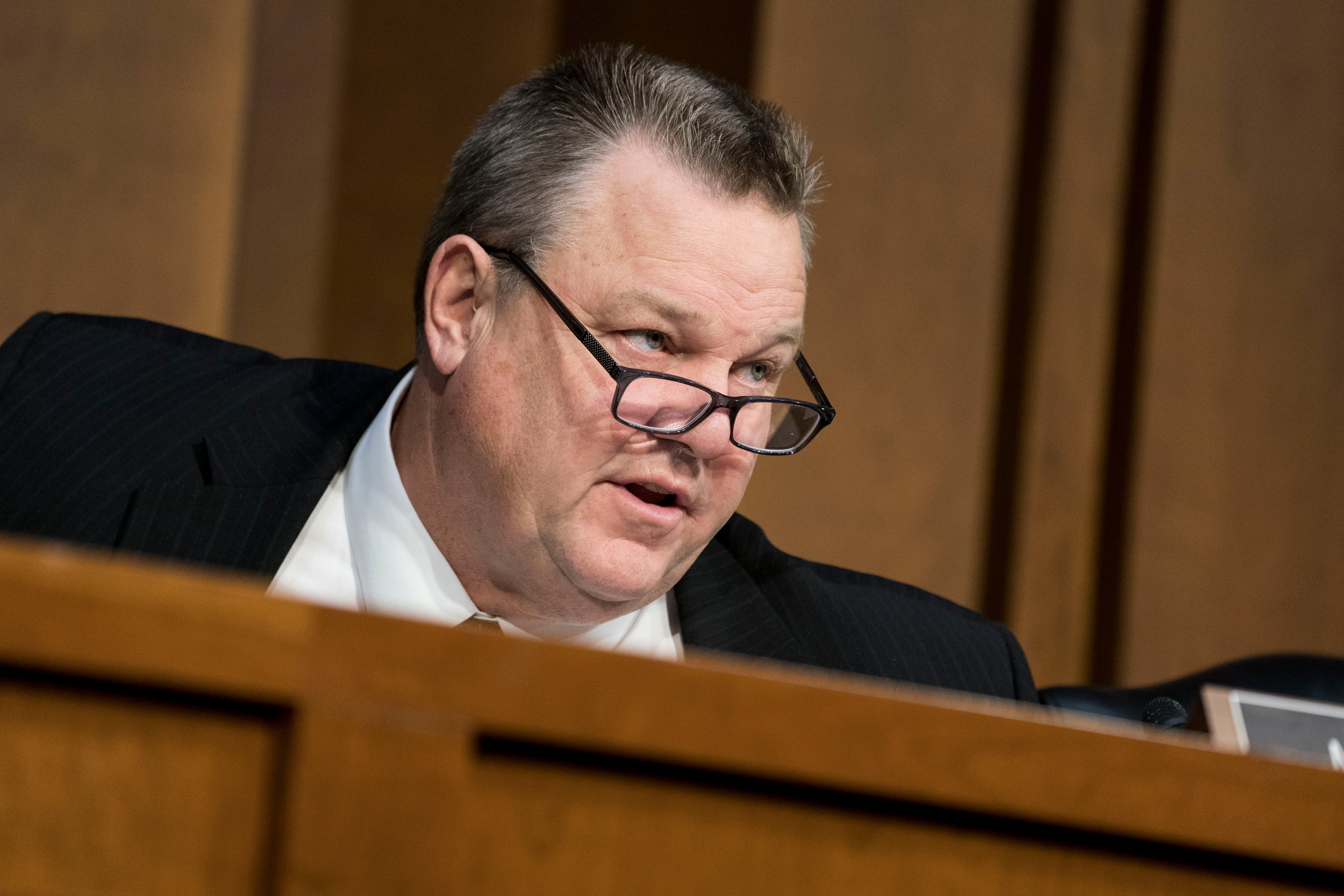NATO members have reached a tentative agreement to ask Secretary-General Jens Stoltenberg to remain head of the 31-member transatlantic alliance for another year, according to a U.S. official familiar with the decision.
The official, who was not authorized to comment publicly and spoke on condition of anonymity, said the decision still needs to be finalized by alliance members. The much-anticipated decision to formally ask Stoltenberg to extend his tenure for another year is expected to happen relatively soon, the official said.
NATO members are scheduled to hold their annual summit in Vilnius, Lithuania, on July 11-12. President Joe Biden conveyed to Stoltenberg during their recent meeting at the White House that it was evident there wasn’t going to be consensus in the near term among NATO allies on picking a new permanent leader, the official said.
Stoltenberg, a former Norwegian prime minister, has been NATO’s top civilian official since 2014. His term was due to expire last year but was extended for a second time to keep a steady hand at the helm after Russia’s full-scale invasion of Ukraine in February 2022.
Sen. Jeanne Shaheen, D-N.H., a senior member of the Senate Foreign Relations Committee who is leading a delegation to Vilnius next month, said in an interview Thursday that it was her expectation that Stoltenberg’s term would be extended and called it “very good news for NATO and for the allies.”
“I think Stoltenberg has proved to be critical as the challenges to NATO have unfolded over the last couple of years,” Shaheen said. “He’s been very adept at working with all the NATO countries and I think any time we’re in the middle of a crisis — as we are now with what’s happening in the war in Ukraine — being able to maintain that kind of stability and leadership that he’s provided is really critical.”
Biden made it clear to Stoltenberg that he would welcome him sticking around longer — particularly with no end in sight to the war in Ukraine and with the challenge of getting Sweden approved as a member of the alliance. NATO leaders largely agreed with Biden that maintaining “continuity” at this delicate moment for the alliance is essential, the official said.
Douglas Lute, who served as U.S. ambassador to NATO under President Barack Obama, said extending Stoltenberg’s tenure offers NATO the path of least resistance.
“What the alliance does not need right now is a lack of solidarity over who to succeed him,” Lute said. “The simplest thing is for him to be extended.”
Biden had spoken highly of Danish Prime Minister Mette Frederiksen. NATO is keen to name a woman to the top post, and Denmark’s prime minister was thought to be a favorite after a meeting with Biden earlier this month, but she has publicly said that she was not seeking the job. British Prime Rishi Sunak also lobbied Biden on behalf of British Defense Minister Ben Wallace.
Frederiksen faced stiff headwinds. Poland opposes the next secretary-general coming from a Nordic state after Stoltenberg’s long tenure, according to the U.S. official.
Stoltenberg’s predecessor, Anders Fogh Rasmussen, is from Denmark. Polish officials are pushing for the next secretary-general to come from a Baltic state, according to the U.S. official. Estonian Prime Minister Kaja Kallas has emerged as their preferred candidate.
Some members are also insistent that the next secretary-general be a former head of state, which made the path difficult for Wallace, the U.S. official said.
Associated Press writer Chris Megerian contributed reporting.





